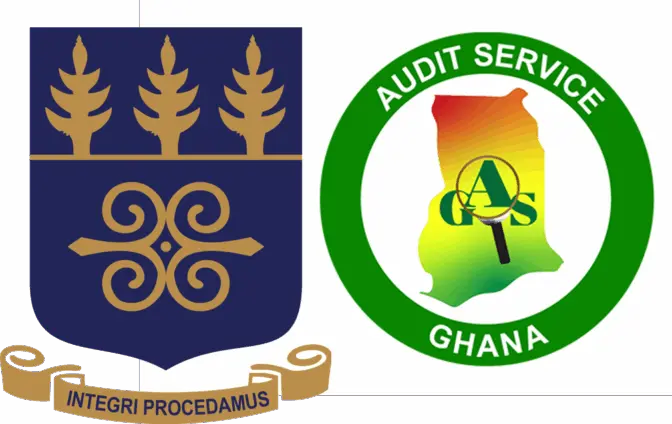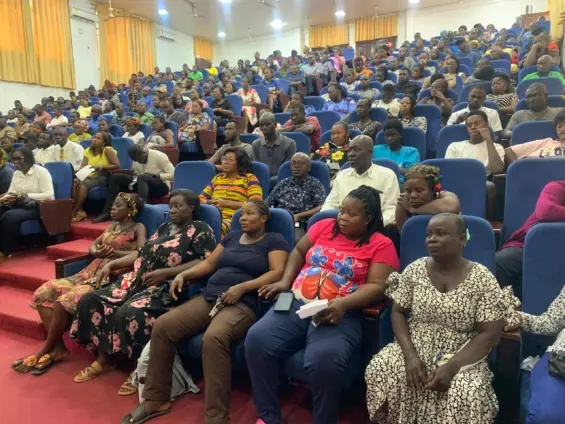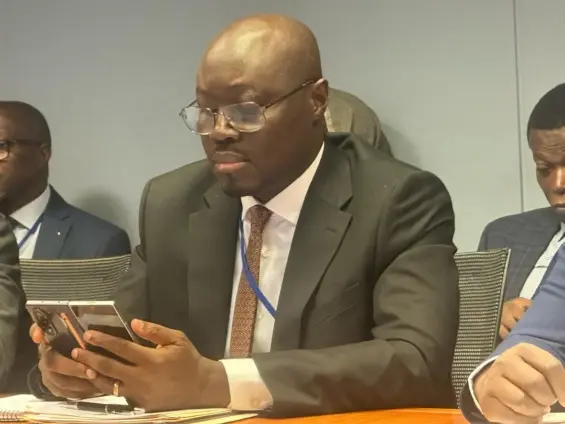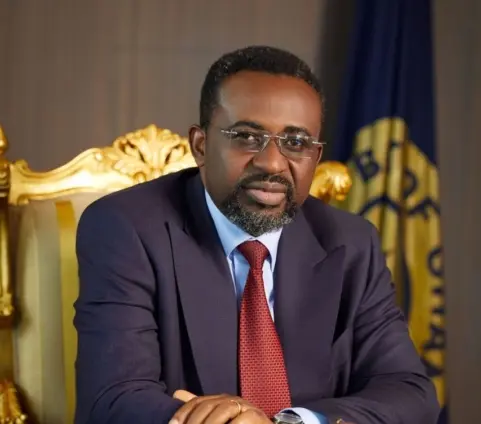The scale of financial oversight in Ghana’s public institutions came into sharp focus recently, underscored by a special payroll verification audit report. A striking figure emerged: GH¢86.86 million saved through payroll audits between 2022 and 2024. What’s even more remarkable is that the University of Ghana accounted for a substantial portion of these savings. According to the Auditor General’s report, the University of Ghana payroll overstatement represented 68% (GH¢59.2 million) of the total amount. This revelation raises critical questions about financial accountability and the mechanisms in place to prevent such discrepancies.
This article delves into the details of the University of Ghana payroll overstatement, as highlighted in the Auditor General’s report. It examines the scope of the discrepancies, the methods used to uncover them, and the broader implications for financial management within the University of Ghana and other government institutions.
The Auditor General’s report brought to light significant discrepancies in the University of Ghana’s payroll. The audit revealed that GH¢59.2 million was identified as an overstatement, representing a major portion (68%) of the GH¢86.86 million saved through payroll audits across various institutions between 2022 and 2024. The University alone, according to the report, accounted for GH¢59.2 million, or 68%, of the GH¢86.86 million saved through payroll audits between 2022 and 2024.
The audit meticulously matched employee compensation claims against actual payments, a process that flagged substantial discrepancies at the University of Ghana. This payroll verification process aimed to identify instances where claims did not align with the payments disbursed. According to the report, most of these discrepancies occurred in 2024, raising questions about the factors that may have contributed to the increased financial irregularities during that period.
The University of Ghana submitted salary claims totaling GH¢1.09 billion. However, after a thorough verification process by the Auditor-General’s office, only GH¢1.03 billion was cleared. This difference of GH¢59.24 million represents the University of Ghana payroll overstatement—the amount claimed but not verified as legitimate.
Beyond the specific case of the University of Ghana payroll overstatement, the Auditor-General’s report highlights broader concerns about financial accountability across government institutions. Recommendations from 2020 to 2023 reports flagged a staggering GH¢38.9 billion for recovery. While some progress has been made, only GH¢12.7 billion, or 32.6%, of this amount has been retrieved.
The concentration of payroll irregularities at the University of Ghana, while representing a smaller portion of the total flagged funds, has triggered public concern about financial accountability in tertiary institutions. The report underscores the need for robust internal controls and transparent financial management practices. While payroll irregularities represent a smaller portion of the total flagged funds, the concentration of issues at the University of Ghana has triggered public concern about financial accountability in tertiary institutions.
These findings have significant implications for financial management and accountability within the University of Ghana and other tertiary institutions. They raise questions about the effectiveness of existing oversight mechanisms and the need for stronger measures to prevent future payroll overstatements. Addressing these issues is crucial to ensuring greater financial transparency and maintaining public trust in the management of government resources.
In summary, the Auditor General’s report has shed light on a significant University of Ghana payroll overstatement, amounting to GH¢59.2 million. This discrepancy underscores the broader challenges related to financial accountability within government institutions and the urgent need for systemic reforms to prevent future irregularities. Stakeholders must take decisive action to address the underlying causes of these overstatements and ensure responsible stewardship of public funds.
Image Source: MYJOYONLINE




















